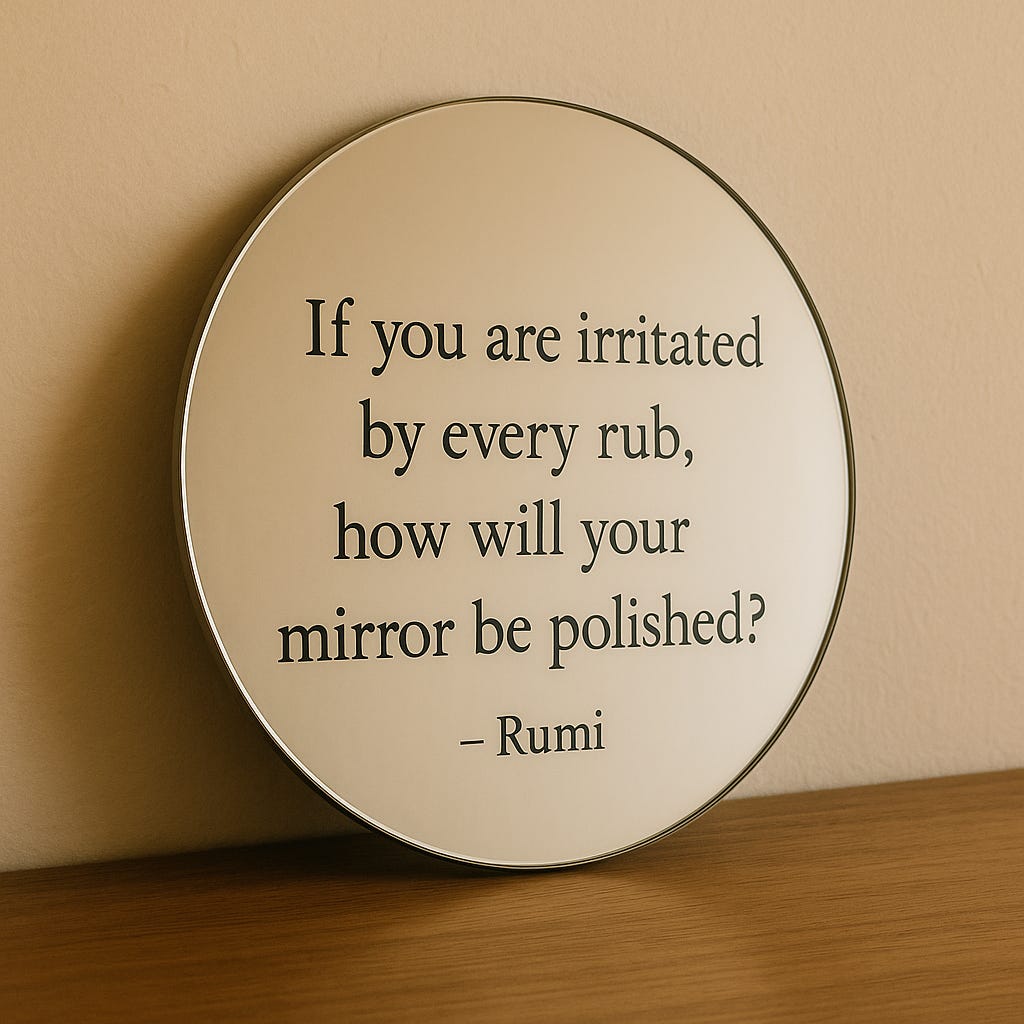The Hidden Hole That Blocks Growth
How unacknowledged self-doubt turns constructive feedback into resistance and what to do about it
Why does some feedback feel helpful and some feel like a personal attack?
I’ve seen it in myself, my clients, and every team I’ve led. When people feel secure in a skill, feedback is received with openness. It’s like tuning a guitar you already know how to play. You’re grateful for the adjustment.
But when feedback touches a part of us that already feels shaky, like leadership presence, communication, or collaboration, we often resist. We nod politely. We say “thanks.” But the change never really happens.
Why? Because beneath the surface, we haven’t made peace with the gap. We know something’s missing there. But we haven’t accepted it.
That unacknowledged hole makes every suggestion feel like criticism.
I’ve coached brilliant engineers who eagerly welcome feedback on code quality or systems thinking. But suggest that they work on stakeholder alignment or cross-team influence? The resistance is quiet, but firm.
They don’t act on that feedback, not because they’re lazy or careless, but because they haven’t accepted that it’s part of their growth curve. Somewhere deep down, they’re still trying to prove they’re good enough, instead of being curious about what could get better.
Here’s the paradox: once you acknowledge the hole, you can start becoming whole. What once felt like a threat becomes a doorway.
We all have blind spots. Professional growth is not about fixing everything overnight. It’s about noticing the areas we avoid and learning to look at them with compassion.
So if feedback stings, ask yourself:
Is this revealing something I haven’t come to terms with?
That’s where real reinvention begins. Not with a new skill, but with a new level of honesty.
Because the work doesn’t begin with change. It begins with acceptance.
Reflection question:
What kind of feedback do I tend to resist, and what might that be telling me about where I need to grow?


